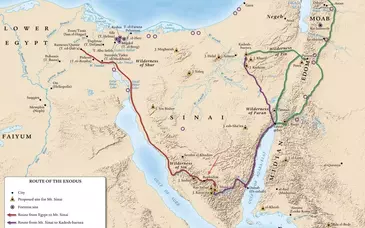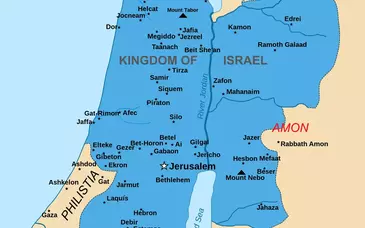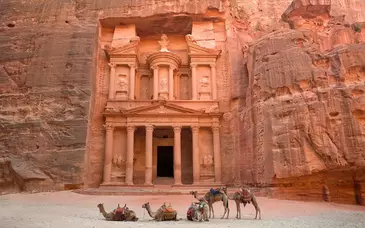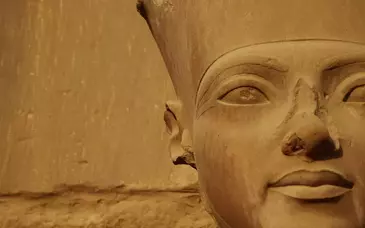Israel, a land where ancient history and modern culture converge, boasts a rich tapestry of holidays that reflect its diverse heritage. Join us on a journey through the calendar of Israel, where past and present seamlessly intertwine, shaping the cultural fabric of this extraordinary nation.
Passover (Pesach): Passover, commemorating the biblical exodus from Egypt, stands as a cornerstone of Jewish tradition. Families gather for the Seder, a ceremonial meal that retells the story of liberation. The modern celebration echoes ancient rituals, creating a bridge between generations and connecting Israelis to their historical roots.
Independence Day (Yom Ha'atzmaut): A celebration of freedom and sovereignty, Yom Ha'atzmaut marks Israel's Independence Day. Streets are adorned with blue and white, symbolizing the national flag, as Israelis partake in festivities, parades, and fireworks. This day is a vibrant testament to the modern chapter in Israel's history.
Shavuot: Shavuot, the Festival of Weeks, connects the present to ancient agricultural practices. Commemorating the giving of the Torah on Mount Sinai, Israelis observe the holiday with study sessions, festive meals, and the consumption of dairy products. It's a blend of tradition and spirituality that echoes through the ages.
Sukkot: Sukkot, the Feast of Tabernacles, is a joyous celebration rooted in agricultural and historical significance. Israelis build temporary sukkahs (huts) and partake in meals and festivities, connecting with both the harvest season and the wanderings of their ancestors in the wilderness.
Hanukkah: Hanukkah, the Festival of Lights, illuminates Israel with the glow of menorahs. The eight-day celebration commemorates the miraculous lighting of the menorah in the Second Temple. Families exchange gifts, indulge in traditional foods like sufganiyot (jelly doughnuts), and join in communal celebrations.
Yom Kippur: Yom Kippur, the Day of Atonement, is a solemn occasion for reflection and fasting. The modern observance mirrors ancient rituals of repentance and seeking forgiveness. As the nation comes to a standstill, Israelis engage in prayers, introspection, and communal support.
Modern Celebrations: Beyond the ancient holidays, Israel's diverse society also celebrates modern occasions such as Memorial Day and Pride events. These moments reflect the resilience, diversity, and inclusive spirit that define contemporary Israel.
In Israel, the passage of time is marked not only by the turning of the calendar but by a celebration of heritage, resilience, and the vibrant pulse of modern life. As Israelis come together to observe holidays that bridge the ancient and the contemporary, they weave a narrative that connects the threads of their storied past to the dynamic present, creating a cultural mosaic that is uniquely Israel.



